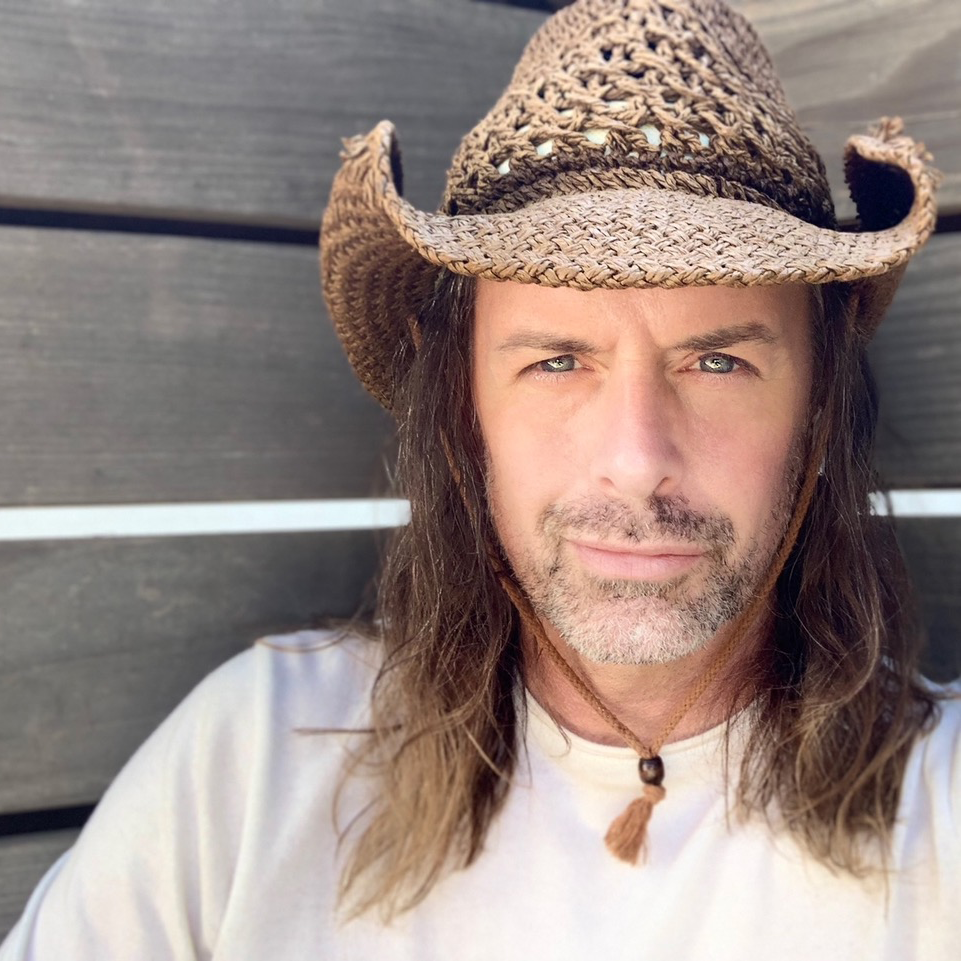Where does one start in expressing their gratitude for a place that literally saved their life? I usually like to insert inspirational quotes to initiate the discussion on a topic I’m exploring. The theme for this, my “love letter” to Beit T’Shuvah, is MASKS. To my surprise, I didn’t find many quotes about the psychological masks many addicts wear to navigate the world they inhabit. On the contrary, and to no one’s surprise, there are literally millions of articles, studies, and quotes regarding the effects of actual masks during the COVID-19 pandemic.
When I first arrived at BTS, new residents had to quarantine for two weeks. Our intake interviews were over Zoom, as were all of our groups. When I was eventually let out of my room I was still required to wear a mask at all times. In fact, the only time I actually was able to see what other residents looked like was at mealtimes and during groups. But one of the truly beneficial aspects of the lockdown was that it afforded me time to reflect upon my life, my addictions, and my masks—the figurative kinds. I can’t speak for all addicts but in my experience, those who battle addiction do so from a place of denial and shame. My mask manifested itself in my alter ego, “Wolf.”
Wolf emerged during my early childhood. My mother abused me from a very young age and I created this larger-than-life alternate persona to protect the child named Randall. The Wolf was fearless. He fought back and was relentless. Now wolf pups are flat-out adorable, but full-grown wolves are a completely different experience. Evolution has made them appear ferocious without any effort on their part. That’s what Wolf eventually became for me as an adult. I tended to look unapproachable and even scary, because, over five decades of life, my alter ego had quite literally altered my “Dominant Face” – a person’s resting face when they don’t know anyone is watching them.
By the time I arrived at Beit T’Shuvah, my mask, Wolf, had become the only “face” I presented to the world. It took a lot of time and patience on the part of my treatment team and fellow residents to help me learn it was ok to let Randall become the more predominant side of myself. However, I didn’t want to destroy Wolf. I love him. He protected me for many painful and terrifying years. But, in truth, there is no Wolf. It was always me. I gave him an identity so I could hide that scared, sensitive, creative, funny, and loving little boy from the pain and suffering in his life. But as I entered adulthood the Wolf wasn’t enough to protect me. So I drank. I drank a lot. I raged. I hurt a lot of really good and beautiful people. But above all of them, I hurt Randall. I didn’t feel worthy of love or happiness.
And I ended up a forty-nine-year-old man drinking myself to death in my car. But then a friend connected me to Beit T’Shuvah. It’s called the “House of Return” but another definition is the “House of Transformation.” And that is what BTS, all of you, have helped me to do. I now have a new career. I have friends who love me and will be with me for the rest of my life. I have a chance to go home and truly be Randall for the first time. He is a special, powerful, and loving soul. He’s a transformed creation of G-d. Words are my life but there are none sufficient to express my gratitude for this place. I love all of you, even if I’ve never met you. The collective energy of all the residents, staff, alumni, and community at BTS raised me up when all I wanted to do was lie down and quit. You will all reside in my heart, wherever life may take me. Thank you for loving that little kid from South Carolina. This place truly does change the world. It has forever changed mine.
